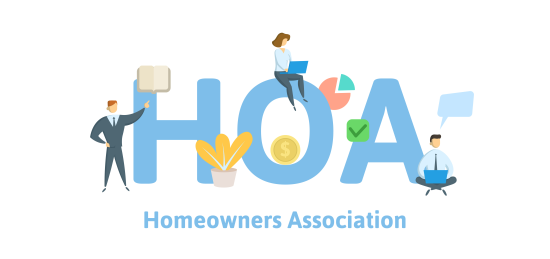Here’s a quick reminder: starting January 1, 2025, Florida requires HOAs with 100 or more homes to meet new transparency standards. These rules mean certain documents, like active contracts and recent bids, need to be available online, ensuring residents have easy access to essential HOA information.
The goal of this new regulation is to make HOA operations more open and accountable, giving homeowners a clear view of how funds are managed. With privacy protections in place, these updates will help residents stay informed while keeping sensitive information secure.

Here’s a breakdown of what your HOA needs to post and some privacy guidelines to follow:
Active Vendor Contracts
HOAs are now required to upload copies of any active vendor contracts. This includes agreements for regular services like landscaping, security, and maintenance, or any other service contracts that create obligations for the association or the homeowners. By having these contracts accessible, residents can stay informed about the association's commitments and see how funds are allocated.
Bidding Information for Services and Equipment
If the HOA recently completed a bidding process (for example, selecting a new landscaping company), all bids received within the past year must also be posted online. This offers residents visibility into the options the HOA considered and adds a layer of accountability in the decision-making process.
Additional HOA Documents
Beyond contracts and bids, certain other HOA documents may also need to be posted. Here are some items that are often required in similar transparency initiatives and could be beneficial for your HOA to consider:
-
Financial Statements and Budgets: Many associations choose to share approved budgets and financial statements, so residents have an understanding of where funds are allocated.
-
Meeting Minutes and Notices: Keeping a record of meeting minutes and providing timely notices for upcoming meetings is often essential for member engagement and legal compliance.
-
Insurance Policies: Details of HOA insurance policies can help members understand coverage, especially in cases where natural disasters or significant events may impact property.
Redacting Sensitive Information for Privacy and Security
While transparency is the goal, Florida’s HOA requirements also mandate that certain sensitive information be redacted from these documents. Here’s what to remove:
-
Personal Information: Redact names, addresses, and contact information of individuals involved in the contract, such as board members or residents, to respect their privacy.
-
Sensitive Financial Data: Bank account numbers, routing information, and other private financial data must be omitted for security.
-
Confidential Business Information: If contracts contain proprietary or sensitive information about a vendor’s operations, that information should be redacted to protect the vendor’s business interests.
-
Security Details: Remove any access codes, passwords, or other security-related data that could compromise the HOA or residents’ security.
-
Legal Details in Litigation: Any information tied to ongoing litigation or that could affect legal outcomes should be redacted, based on legal advice.
Importance of Keeping Documents Up-to-Date
HOAs will need to ensure that these documents are consistently updated. Outdated or missing information could potentially put the association at risk of non-compliance. By posting the latest versions of contracts, bids, and other essential records, the HOA can maintain transparency and fulfill Florida’s legal requirements.
Key Takeaways
The January 1, 2025, regulation for Florida HOAs with 100 or more homes makes it essential for associations to be organized, transparent, and privacy-conscious. This law empowers residents with more information about how funds are allocated, while redaction guidelines ensure personal and financial information is safeguarded.
Keeping your community informed is beneficial not only for compliance but also for building trust among members. These new requirements provide a way to promote accountability, reduce confusion, and make HOA operations more accessible to all.
If you’re located in Kendall or the surrounding areas and are looking for expert guidance on real estate matters, I’m here to help. Whether you need assistance with buying, selling, property management, or navigating HOA regulations, feel free to reach out for knowledgeable, personalized support tailored to the local market.
Subscribe to Blog